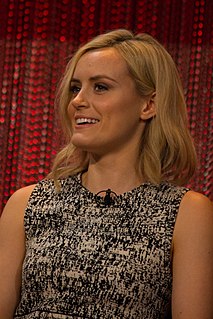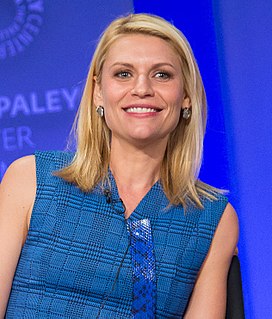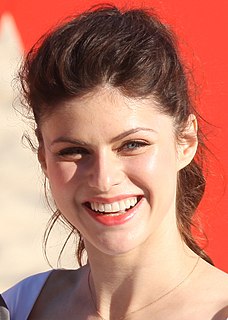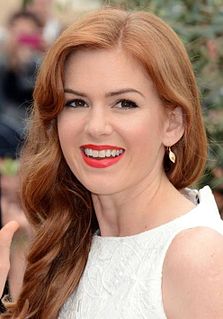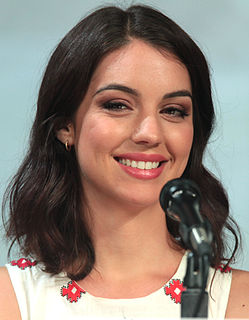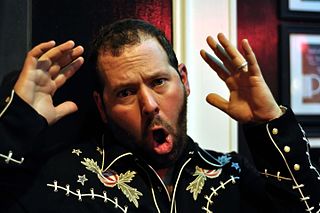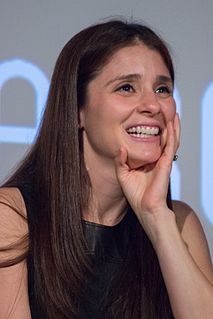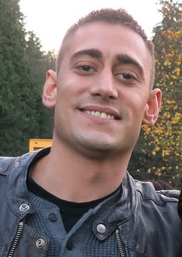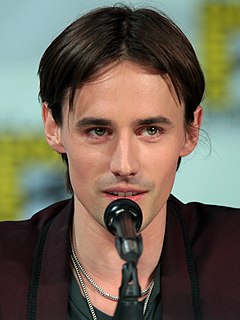A Quote by Jodi Balfour
The pace is different on a film set. It's slightly slower, allowing for a little more wiggle room. Sometimes there is a bit more room to explore and work on the floor. On a TV set, you really have to be ultra-prepared and ready to deliver because time is so tight. Not that you don't have to be prepared for film.
Related Quotes
I'm planning some films in the U.K., and it will have pros and cons. It takes a lot more time to set up a film in the U.K., because you can't rely on much. In Greece, friends show up and bring what they can and you make the film. Well, that's a bit simpler than how it really is. But when you make a film with proper industries, it takes more time to synch all these things.
Auditioning and actually acting on a set are two different things. When you audition, you're in a room and you don't have anything to play with and you don't have anything physically in the room. Whereas on set, you have direction, you have costumes, and you have other actors to work with. It's a completely different thing.
All three parts of filmmaking [writing, shooting, editing] contribute to rhytm. You want the script to be a tight as possible, you want the acting to be as efficient as possible on the set, and you have enough coverage to manipulate the rhythm in the editing room, and then in the editing room you want to find the quickest possible version, even if it's a leisurely paced film. I definitely in filmmaking more and more find writing and directing a means to harvest material for editing. It's all about editing.
Film and television are very different. On the TV show, we do seven or eight scenes a day, so time and money are of the essence, and we have zero room for creativity because you've got to do each scene in only five takes. Whereas, on a film, you have an entire day to film one scene, so you have so much time to choose how you want to fill in a scene.
Sometimes I'm on a TV set, and I can't feel what I'm supposed to feel as that character because I've not worked my way up to that point. I think there's a bit more insecurity on a set - you've got to blag it, or you've got to do what you've been paid a lot of money to do in a very short space of time.
I was on Broadway for three years with Spiderman and that amount of time spent on a show - it's a grind being on Broadway. The people that do that are probably the hardest working people. I shouldn't say that, because there's a lot of hard work that goes on in film and television, as well. That consistency of the grind of eight shows a week - I feel ready to go back to it now after having a bit of a break. I like to have the chance to jump between different art forms, whether it be theatre, film, TV, music. It's really wonderful to have opportunities in different arenas.
A movie is made for an audience and a film is made for both the audience and the film-makers. I think that The Game is a movie and I think Fight Club's a film. I think that Fight Club is more than the sum of its parts, whereas Panic Room is the sum of its parts. I didn't look at Panic Room and think, "Wow, this is gonna set the world on fire". These are footnote movies, guilty pleasure movies. Thrillers. Woman-trapped-in-a-house movies. They're not particularly important.


